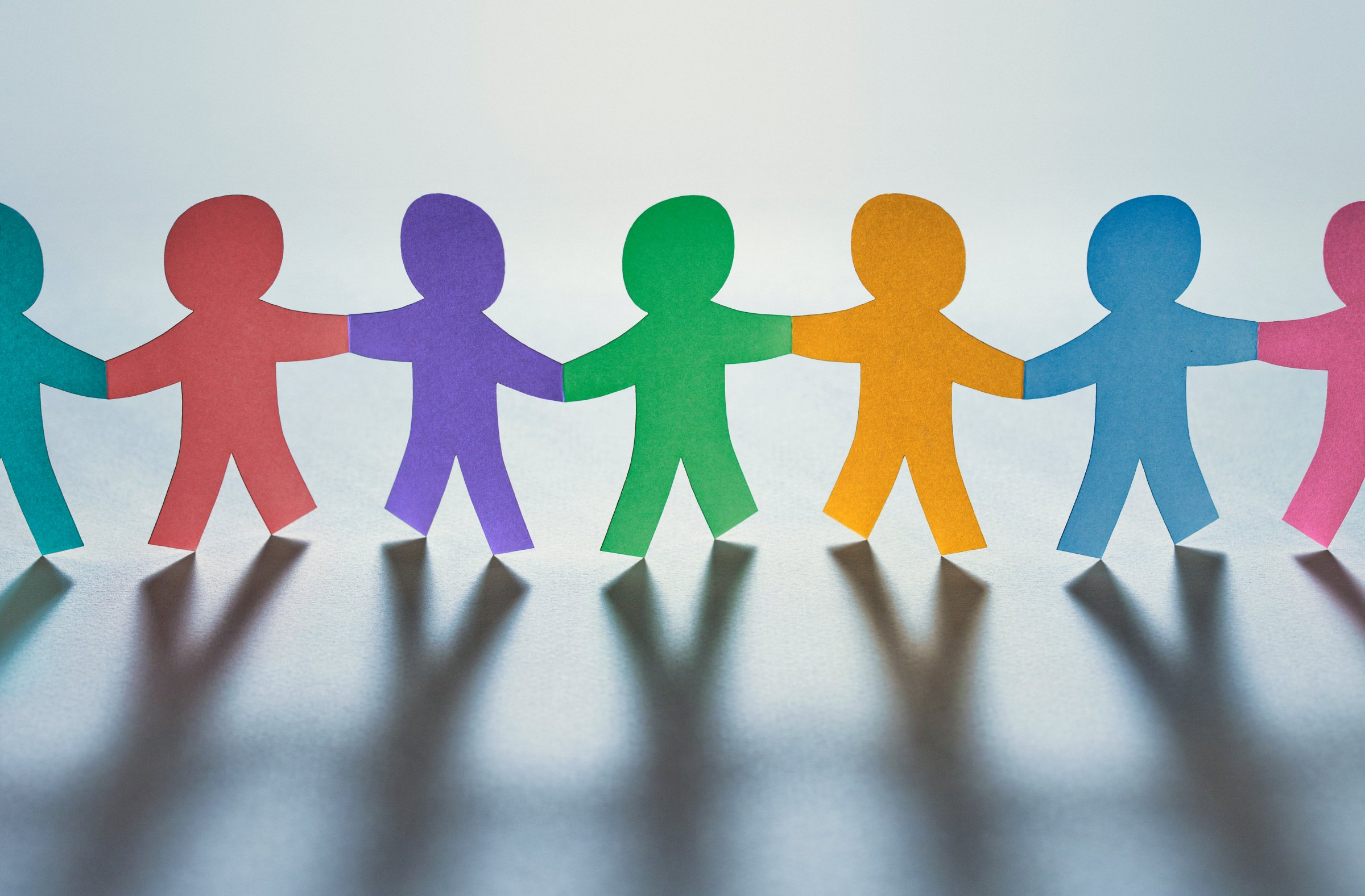
Zócalo Public Square is a magazine of ideas from Arizona State University Knowledge Enterprise.
I just keep thinking, Oh my God — not Charlie Hebdo, not the magazine that made me laugh over the last 20 years. I had a knot in my stomach thinking it might have been done in the name of Islam. I wanted to be wrong so badly.
Sadly, I was not. I posted a picture my friends had been sharing that said, “Je suis Charlie.” I am Charlie.
I am a French woman, a Franco-Algerian woman. I was born and raised in France. but I grew up within an Algerian family attached to its roots. So the Charlie Hebdo shooting brought up complicated memories.
My father came to France in 1963, for economic reasons and freedom. He brought my mother in 1973, after they married. My siblings and I were all born here in France. My father was able to find an affordable apartment in one of the wealthier Parisian suburbs with good schools. He drove taxi cabs 11 hours a night, while my mom took care of us and other local kids.
I discovered some of the Charlie Hebdo cartoonists who were killed when I was around 5 or 6. Jean Cabut — known as Cabu — collaborated with a children’s TV program; his drawings were always very funny, but tame, since the show was for children. When I was older and I discovered Stephane Charbonnier — known as Charb — his cartoon Maurice & Patapon — about a bisexual, anarchist dog infatuated with defecation and sex and a fascist, ultra-liberal cat that mocks the suffering of others — made me laugh so loud.
When I saw Charlie Hebdo cartoons about God and Muhammad, I must admit I found them funny and relevant. They also mocked other religions. I thought they had a right to publish them, though I was afraid of intense reactions in the French Muslim community.
I don’t practice Islam anymore, though my parents do. The Islam my parents know is tolerant, easy to practice. They pray God daily and fast during Ramadan. They even went to Mecca. But they never took me to the mosque, and my father never asked me to wear a hijab, the head covering for women. “We live in France, so we should live as French do, without committing any sin that Islam condemns,” he used to tell me.
In 1984, my parents decided to return to Algeria. They wanted us to learn Arabic and live according to our traditions. But then fundamentalist Islamic movements appeared. Some leaders of the Front Islamique du Salut, the Islamic party, started to call for terrorism in the name of God. Journalists, policemen, soldiers, women and students were killed. Mosque leaders told women they had to obey husbands and fathers. If we stayed, my parents thought my sister and I might end up as stay-at-home wives who were expected to shut their mouths. So, when I was 15, in 1990, we returned to Paris.
In France, God, faith, prayer, dogma are very private items. You’ll never hear a president talking about God or swear with a right hand on the Bible. The point is to guarantee the freedom of conscience and religion and to promote the idea of “vivre ensemble” — living together.
I deeply hope that we can all live peacefully together in France. But I am a bit pessimistic.
Being Muslim in France is hard. News reports have shown how difficult it is to find an apartment, if your name is Mohamed or Djamel, even if you have a great job, a high level of study, and a very correct French accent. The main victims of fundamentalist terrorism are regular Muslim people who only want to live in peace with their neighbors and to not have to apologize for acts they did not commit.
These nights, I am re-reading a book I’ve already read to my young children — Charb’s C’est Pas Là Qu’on Fait Caca (Here’s Where We Don’t Poop). I want them to grow up saying whatever they want and laughing at whatever they want, however rude. I believe that if God exists, he or she has a fabulous sense of humor.
Mounira El Barr Collin is a quality control manager living in Couilly Pont aux Dames, a village near Paris, with her husband and their two kids. They celebrate Christmas, as well as Aîd elkebir. She wrote this for Zocalo Public Square.
More Must-Reads from TIME
- Inside Elon Musk’s War on Washington
- Meet the 2025 Women of the Year
- The Harsh Truth About Disability Inclusion
- Why Do More Young Adults Have Cancer?
- Colman Domingo Leads With Radical Love
- How to Get Better at Doing Things Alone
- Cecily Strong on Goober the Clown
- Column: The Rise of America’s Broligarchy
Contact us at letters@time.com